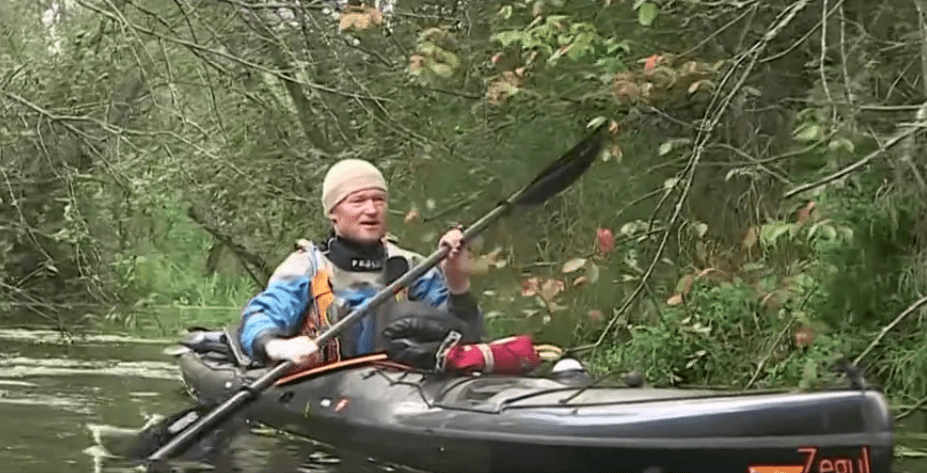When it comes to their Viking ancestry, most Scandis talk with pride. However, there are rare instances when someone becomes totally obsessed with their heritage.
Frankly, he’s obsessed
One such man is Thomas Frank, a 48-year-old Danish priest from Viborg, who set out on a 3,420 kilometre expedition along a series of Russian rivers because the Vikings are believed to have taken the same route on their eastern European voyages.
The adventurer spent 17 days kayaking the rivers to find out whether the Vikings sailed the routes identified by the old records or whether is it just a myth that has been allowed to flourish for the past 1,000 years.
A seasoned voyager
To make his expedition authentic, Frank chose a 5.5 metre kayak because the Vikings sailed in small boats as well.
This is not the first time Frank has set out to complete a religious history route in his kayak. Earlier voyages have seen him sailing down the Nile and the Czech-German river Elbe, while this eastern European trip has been on his waiting list for a long time.
Smells a bit gassy
Every day, the 48-year-old had to kayak at least 45 km upstream. But perhaps the biggest challenge was the Russian mosquitoes, which forced him to go to the toilet inside his tent on occasion to avoid them!
It’s probably just as well that Frank ran out of gas, given the dangers of lighting a stove inside a tent, although it did render his seven kilos of dry food useless.
An alternative viewpoint
On his journey, Frank passed through the Russian city of Veliky Novgorod, where trade as well as sword fighting took place between the Slavic clans and the Scandinavian Vikings.
Frank is of the view that contrary to the popular belief that Christianity came to Denmark through missionaries from other countries, the Vikings might have brought Christian traditions back home from their tours.
The Jelling Stones, referred to as Denmark’s baptismal certificate, suggests that Harald Bluetooth first brought Christianity to Denmark. But Frank claims the motif on the stones closely resembles the motifs in frescos found in Novgorod.















